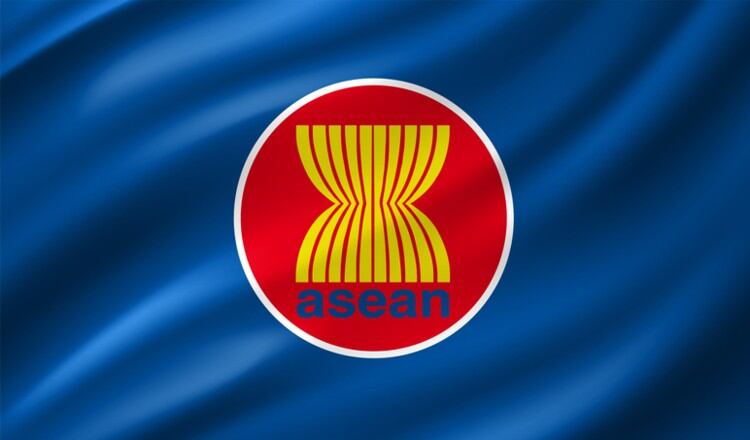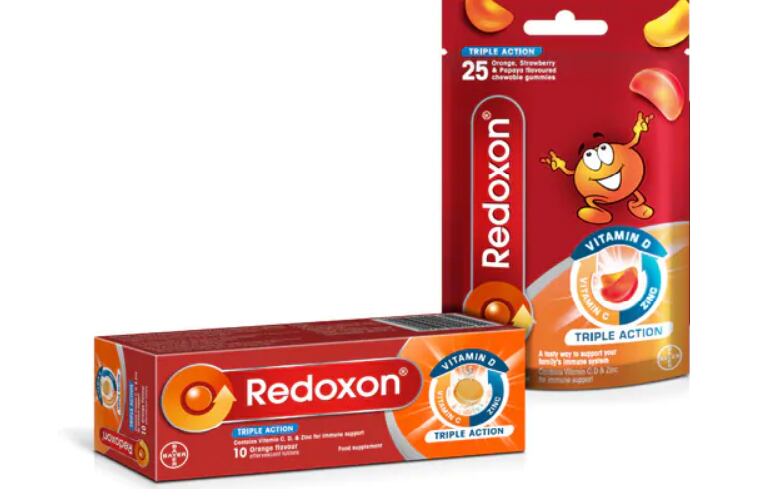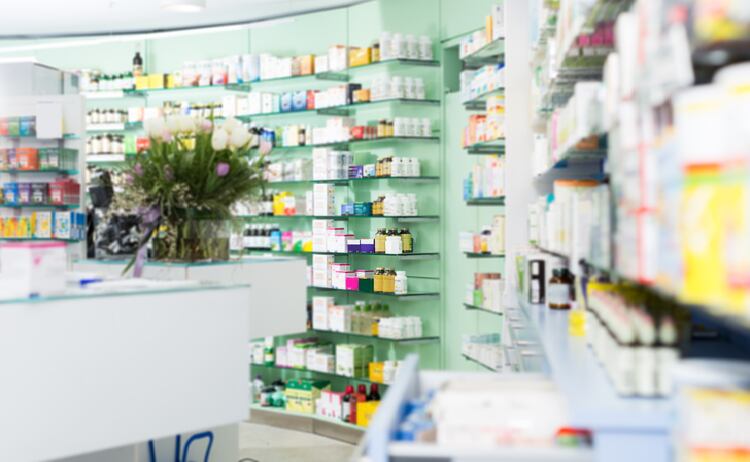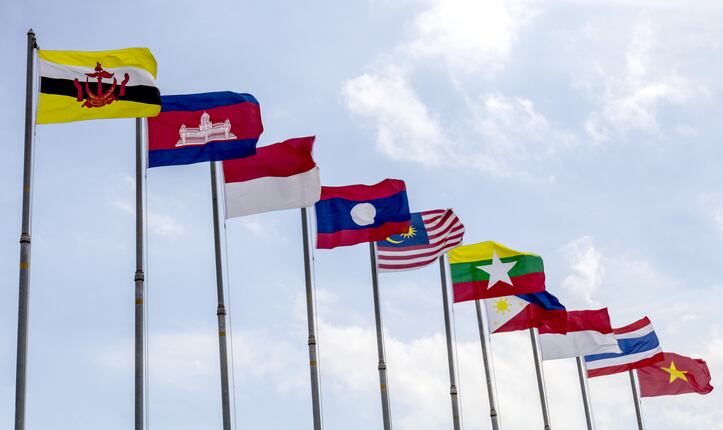This followed the conclusion of a recent meeting by ACCSQ TMHS PWG (ASEAN Consultative Committee for Standards and Quality, Traditional Medicines and Health Supplements Product Working Group).
There are currently no harmonised regulations for the registration of dietary supplements in ASEAN yet and each country has varying standards.
For instance, most ASEAN countries demand that a product should contain at least 80% of the declared nutrients on the label, however in Singapore, the product must contain 100% of the claimed label nutrients. Some countries ask for safety and efficacy data, while some require post-market surveillance.
Having harmonised standards and requirements for dietary supplements would help manufacturers enter the US$10 billion market faster and allow consumers to have quicker access to these nutraceuticals.
Daniel Quek, chairman of ASEAN Alliance of Health Supplements Association (AAHSA) said health supplements represent an opportunity for ASEAN to leverage its position as a world leader in the sector, particularly in the area of herbal ingredients.
Fortune Business Insights estimates South East Asia’s dietary supplement market to reach US$10.6bn by 2026, growing at a CAGR of 5.6%.
ASEAN is home to more than 600 million people (9% of the world’s population), with a large working population, rapidly ageing population, and huge undernourished population. Supplements play a key role in preventing deficiencies, maintaining optimal nutrition and preventing the onset of chronic diseases.
Next steps
The ACCSQ TMHS PWG had previously met virtually in July 2020, and agreed to the content of the agreement.
In the recent meeting in early November 2020, the team convened again to do a legal scrubbing for the agreement.
According to Wai Mun Poon, regulatory affairs consultant at Wong SJ Asia Pte Ltd, “it was a time-consuming process, taking four days instead of the initial two days anticipated. This shows that the members of the PWG are very determined to complete the process.”
The next step will be approval of the agreement at national level, and the target date for signing by the ASEAN Economic Minister is November 2021.
After the signing of the agreement, Poon added it would take another four to five years before fully implemented. “ASEAN member states need to submit deposit instrument of ratification to the ASEAN secretariat before full implementation.”
Despite the long process, Poon pointed out that companies should already start complying to the existing technical requirements.
In 2015, the TMHS PWG developed 10 guidelines in the areas of contaminant limits, stability and shelf-life, claims substantiation, good manufacturing practice, labelling requirements and maximum level of vitamins and minerals.
These guidelines are mostly based on other models such as WHO, FAO, FDA and ESFA.
Poon said some countries like Malaysia, Singapore, Indonesia and Vietnam are in the process of changing or have already changed their regulations to incorporate these standards and requirements.
Quek added that companies who intend to market in ASEAN should join the local health supplement industry association if they have not already, "the local associations have been a key part of the harmonisation process, working with AAHSA, and so would be an invaluable resource."
The ACCSQ TMHS PWG comprises 10 ASEAN member states, Brunei, Cambodia, Indonesia, Laos, Malaysia, Myanmar, the Philippines, Singapore, Thailand and Vietnam. It was formed in 2004 to develop a harmonisation working scheme among member countries to facilitate and complement the objectives of the ASEAN Free Trade Area, without compromising on quality, safety and efficacy.
The ACCSQ TMHS PWG also seeks advice from the ASEAN Alliance of Health Supplements Association (AAHSA), ASEAN Alliance of Traditional Medicines Industries (AATMI) and The ASEAN Technical Scientific Committee (ATSC) to draw up guidelines.




